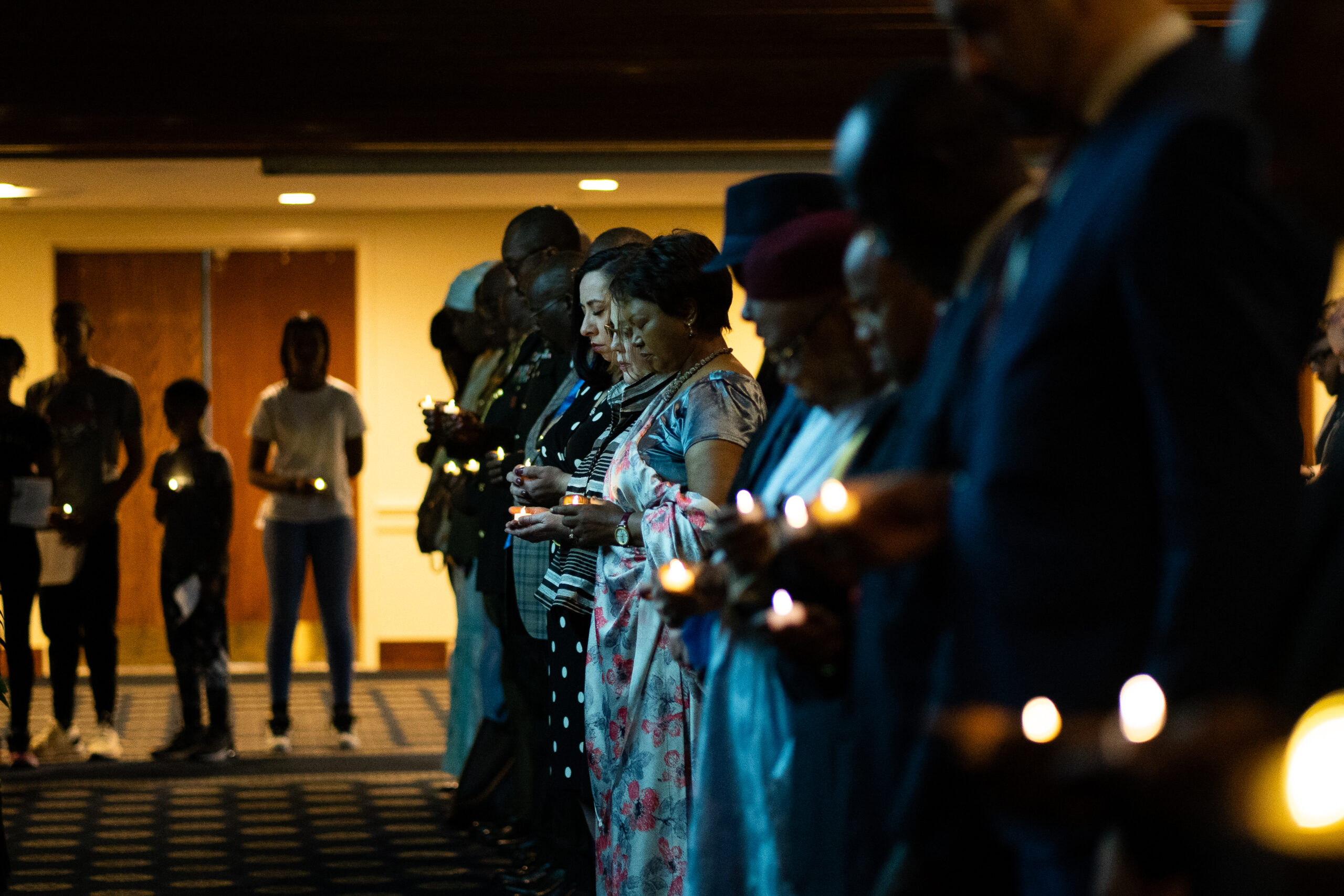Kwibuka 29, the commemoration of the 1994 Genocide against the Tutsi in Rwanda, was held on April 7, 2023, at the National Press Club in Washington DC. Hosted by the Rwandan Embassy in the United States, the event brought together distinguished guests, including Ambassador H.E Mathilde Mukantabana, Hon. Molly Phee, Hon. Angela Romero, Mr. Jason Nshimye, Ms. Consolee Nishimwe, and Prof. Fiacre Bienvenu.
During the event, Hon. Molly Phee, the Assistant Secretary of the Bureau of African Affairs at the US Department of State, affirmed the United States’ commitment to working with Rwanda to bring those responsible for the genocide to justice. She emphasized that justice for the victims of the genocide remains a top priority.
Prof. Fiacre Bienvenu, a scholar of post-conflict identity formation and ethnicity politics, provided insights into the causes and systematic planning of the 1994 Genocide Against Tutsi. He discussed how gender was used as a propaganda tool, particularly against Tutsi women, and how this played a significant role in the violence.
Mr. Jason Nshimye, president of IBUKA-USA, stressed the importance of unity and solidarity among Rwandans. He noted that Rwandans will never allow those who sow division, stating: “We are united, we remember, we will never forget, we learned from our history, it will never happen to us again.”
Hon. Angela Romero, the Democratic Leader of the Utah House of Representatives, spoke about the importance of remembering the past to build a better future. She shared how she drafted a resolution to commemorate the genocide, stating: “When people commit genocide, they want to erase communities, so I wanted to make sure that we didn’t forget the history of Rwandans and what happened to them.” Hon. Romero emphasized that as an elected official, it is her duty to her constituency not to forget what happened and to ensure that it never happens again.
Ambassador H.E Mathilde Mukantabana highlighted how, after 29 years, Rwanda has rebuilt broken institutions, revived the then-dead economy, and restored hope among Rwandans. She praised the tireless determination of the people of Rwanda, who refused to accept that genocide would be the final word. The Ambassador also emphasized the importance of speaking plainly about what happened in 1994 and countering efforts to obscure or distort this history.
The event was a reminder that the 1994 Genocide Against Tutsi was not a sudden or unpredictable eruption of violence. As Prof. Fiacre Bienvenu noted, the specter of genocide had hung over Rwanda for many years before April 7, 1994. By examining the political and historical context that made genocide in Rwanda possible, we can discern lessons that can help prevent mass atrocities elsewhere. As Hon. Angela Romero stated, “we can’t forget the past, because the past is tied to the present and the present decides the future.”
In conclusion, Kwibuka 29 was a powerful reminder of the need to remember the past to build a better future. It was an opportunity to reflect on the lessons learned from the 1994 Genocide Against Tutsi and to recommit to preventing such atrocities from happening again. As Ambassador H.E Mathilde Mukantabana noted, “we owe this to victims and survivors, of course — but it is no less an obligation to generations yet to be born.”








